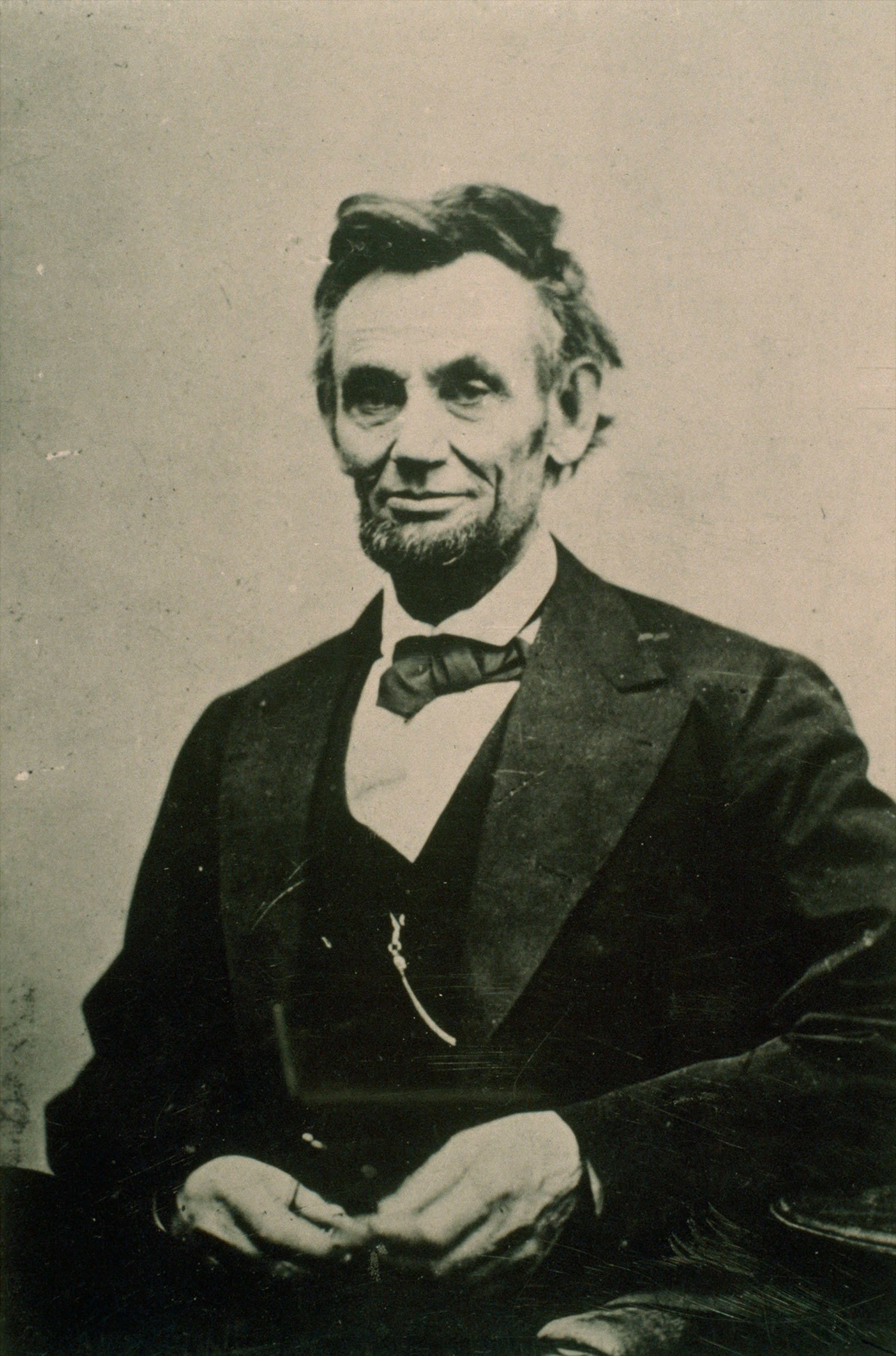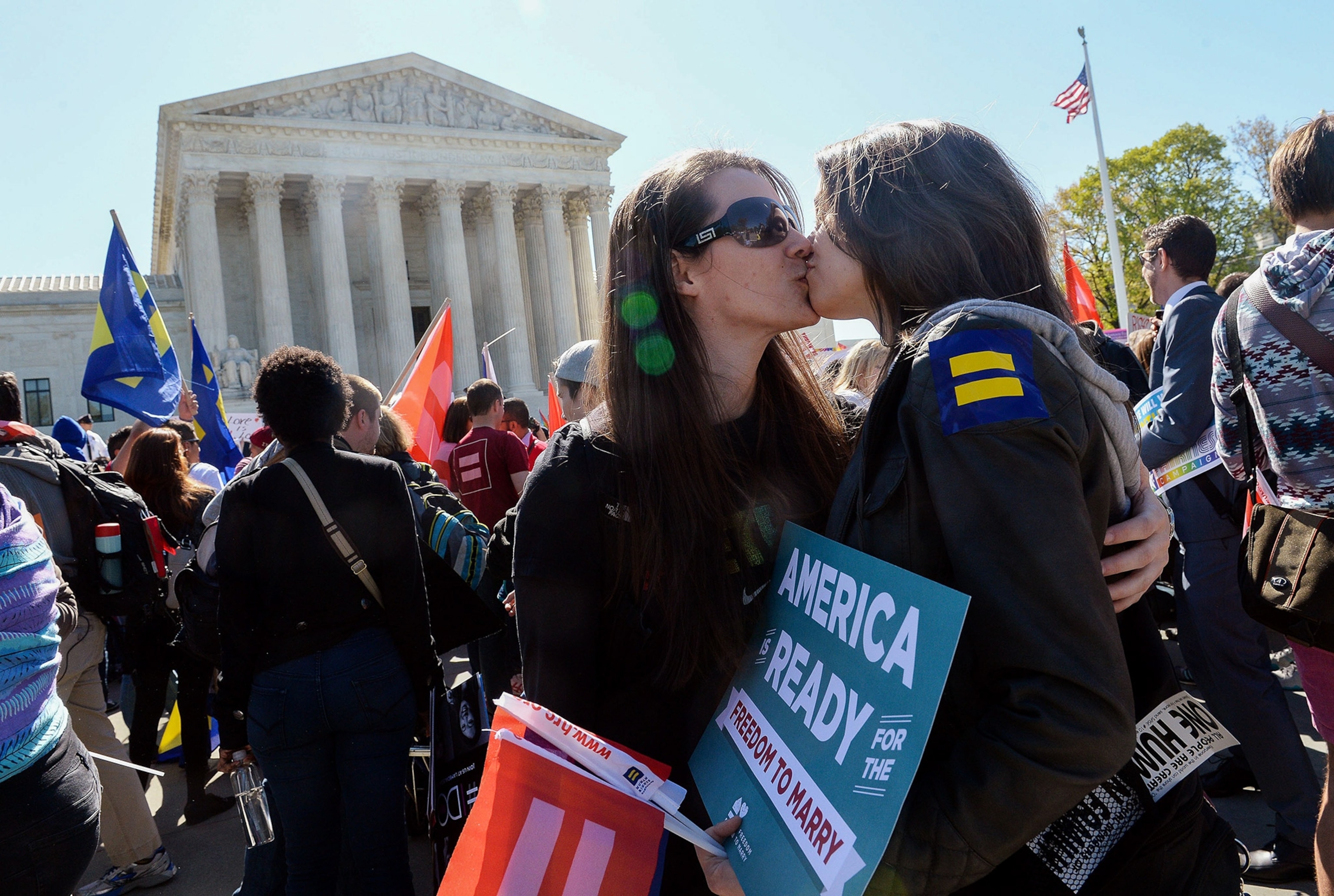
How Geography Shaped American History, Law and Politics
Many of the divisions today between “red” and “blue” states correlate sharply with geography, says author.
Most people understand the phrase “the law of the land” to mean the set of laws that apply in a given region or country. This seems to be the sense intended by the framers who used the phrase in 1787 in the United States Constitution. But a new book by Akhil Reed Amar, Sterling Professor of Law and Political Science at Yale University, imbues these words with a fascinating second meaning: the way that law is literally of the land, shaped by and a product of geography.
In The Law of the Land: a Grand Tour of Our Constitutional Republic, Amar explores how the vast and varied American landscape has influenced law, politics, and history since the nation’s founding. He spoke by phone from New York City, where he had just finished teaching a constitutional law class at Columbia University.
What gave you the idea of studying law through the lens of geography?
Many summers when I was growing up we basically did a version of the "Great American Road Trip." We all piled into the station wagon and off we went. I’m now doing something similar on vacations with my wife and kids. So this book grows organically out of my boyhood experiences.
Another inspiration was actually National Geographic. My sixth grade teacher in California would have us do reports by reading the magazine and cutting out photographs. Our family would sometimes choose places to go based on those reports I did: Olympia National Park, the Grand Canyon, the Rockies.

More broadly, as a political scientist, I can’t help but notice that many of the divisions today between red and blue states correlate sharply with geography. Isn’t it interesting that Barack Obama, a tall skinny lawyer from Illinois, basically won all the states that Lincoln won and lost all the states Lincoln lost? One of the major issues in constitutional law is federalism—whether we want to be one country or a loose confederation of states—and that has been influenced by geography as well.
What is it about the geography of the states that Lincoln and Obama won that makes them more likely to support the policies we associate with those figures, such as a strong federal government?
We are still living through the after effects of the Civil War. The different climate and geography of the North and the South made them differentially susceptible to first tobacco and later cotton production, a huge driver of the southern economy that was profitable due to slavery. Lincoln didn’t want that system spreading because he thought it was an evil system.
Before 1850, the vast majority of winners of presidential elections won a popular majority in both the North and the South. Lincoln is different; he sweeps the North, winning every northern state except New Jersey, and he wins nothing in the South.
In the last six presidential elections, the South every time has voted for a different presidential candidate than the North. We’re reverting in some ways to the cleavages and polarizations that have defined much of American history.
It’s surprising to hear that political polarization by geography is increasing to levels not seen since just before the Civil War. It might seem that with the Internet and a shared popular culture, geographical differences would be getting less important. How do you account for this?
Political scientists refer to this as “The Big Sort.” People are increasingly voting with their feet to move alongside like-minded folk. States are increasingly red or blue, and within states there’s a sharp difference between cities and the hinterlands. And actually because of the Internet, we can choose to a considerable extent our informational reality. You can listen only to the people who tell you what you want to hear.
People are increasingly voting with their feet to move alongside like-minded folk.
In the book you give an interesting interpretation of the infamous 1857 Dred Scott decision by the Supreme Court. How did geography play a role in that case?
So you have this disgraceful decision proclaiming that ... the entire Republican Party platform—no slavery in the territories—is unconstitutional. The Constitution itself says nothing in this direction; it’s a preposterous ruling. So where is the court coming from?
Quite literally, they’re coming from the South. Five of the nine justices come from slaveholding states, even though the South accounts for less than a third of population. One reason the court is so malapportioned is that the South had fewer cities and they were farther apart and connected by crummy roads.
At the time of this decision, Supreme Court justices had to ride circuit between different cities. Because transportation is so much more difficult in the South, as a way of equalizing the burden the South has more circuits than its population might warrant. The geography is simply more challenging. This means the South is going to be overrepresented on the Supreme Court. So there you see some simple geographic facts about roads, swamps, rivers, and transportation driving the decision in what was the most important case in the antebellum period.
So how did this overrepresentation of the South shift over time?
We abolished circuit riding. Now the Supreme Court justices don’t sit on any other courts. So with the Supreme Court today we talk about demographic seats rather than geographic seats. Now we don’t talk about the southern seat like we used to; we talk about the Jewish seat, or the female seat, or the Catholic seat.
It seems that Abraham Lincoln was sensitive to the importance of geography as well. At one point you quote him as saying that the region of land inhabited by the people of the United States is well suited to be the home of one national family, not two or more. What did he mean by that?
He’s saying two things. First, there’s no militarily defensible border between the land of corn and the land of cotton. If the South secedes, we can’t build a great wall, and there is no natural feature that serves as a border.
Second is that the entire region from the Appalachian Mountains to the Rocky Mountains drains through one river: the mighty Mississippi. You can’t allow a foreign power to control New Orleans, the mouth of the Mississippi. That power would have an economic stranglehold on the produce of more than half of the American landmass. How are we going to get our corn to market if we can’t float it down the Mississippi? After the Union Army claims Vicksburg, they control the Mississippi and Lincoln says in a beautiful phrase, “The Father of Waters again goes unvexed to the sea.”
How was Lincoln a product of the Midwestern landscapes where he was raised?
If you are from the Midwest at this time, you believe that the union gave birth to the states. If you’re from Virginia, you believe the states gave birth to the union. Virginia was up and running since the 1620s, so it’s 150 years old by the time the American Revolution comes along. So, of course, Virginia comes first.
But if you’re from Illinois or Indiana, these were federal territories in the wilderness before the government created them as states. You are likely to be more of a nationalist for that reason. You are also going to believe that the federal government should create railroads and canals to connect you to the rest of the world. So you’re going to be in favor of infrastructure projects. You’re also going to oppose slavery, because these lands were proclaimed free from slavery back in 1787. So that’s Lincoln in a nutshell.
Robert E. Lee, by contrast, his family had been in Virginia forever. He’s Virginian first, American second. But Lincoln, born in Kentucky, then moved to Indiana and Illinois, he’s an American first.

Do you think that it’s always valid for people from different regions to hold different beliefs? Or are some things true wherever you live?
I do think there’s an absolute right and wrong on some issues. I’m with Lincoln. There can indeed be moments when an entire region and an entire political party is just wrong, and history will so proclaim them. Every single Democrat in Congress voted against the 14th Amendment, and it’s the jewel in our Crown, the glory of our Constitution. Brown vs. Board was deeply controversial at the time, and now everyone says it’s right. The mere fact that Obama has been universally opposed by one party doesn’t mean he’s wrong, in fact I’m betting on him.
So who is wrong today?
I believe today that same-sex marriage is one of those issues. It’s the same geographic division as Brown vs. Board in the 1950s and slavery in the 1850s. Today it’s divisive, but I think in 50 years we will say that the people who believed in equality were right. And here’s one that is more conservative. I believe that it will be increasingly settled as correct that there exists an individual right to have a gun in the house for self-protection.
You note that in 1776, conventional political wisdom held that a democracy was only possible within a small geographical area. Why?
Logically, the thought was we need to have homogeneity. People must have a lot in common to cooperate: same language, same religion, same culture and climate. The historical point is just that we’d never seen it work on any broader geographical scale. Empires had cobbled very disparate regions together not by letting everyone vote, but by centralized rule with an iron hand, heavy taxes, and a standing army. America was the first to prove democracy was possible over vast territory.
Could there ever be a world government?
I think that’s the most important question of our lifetime. America’s Constitution was originally written as a kind of world constitution, a governing document for the New World, which was separated by vast oceans from the old. The Pacific and Atlantic oceans no longer separate us from the rest of the world. Threats like global warming, international terrorism, pandemics, etc. are truly global in nature. The framers of the Constitution were visionaries in their time, and we need their intellectual heirs to rise to a similar challenge today.






